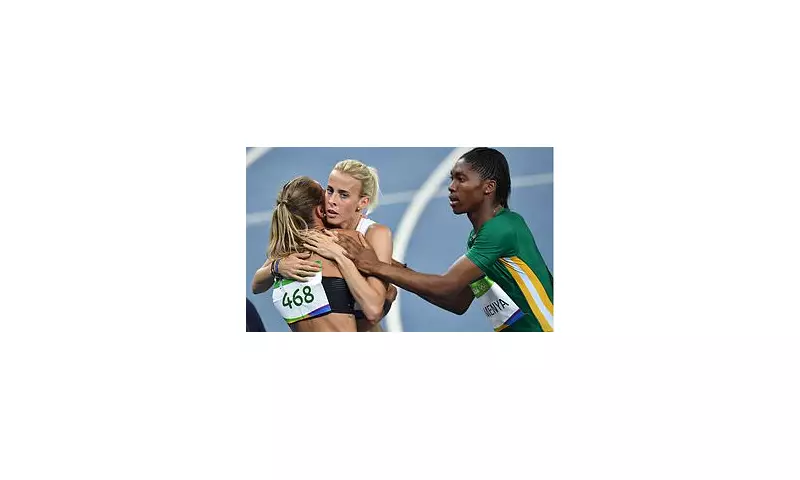
Olympic runner Lynsey Sharp has launched a searing indictment of the gender eligibility rules that governed her sport, claiming she was unjustly denied a medal at the Rio 2016 Games. The Scottish athlete finished sixth in the 800m final, a race she asserts was skewed by competitors with naturally high testosterone levels.
The 33-year-old's powerful testimony comes as she supports World Athletics' current stricter regulations on testosterone levels for female athletes. Sharp argues that the previous rules created an unlevel playing field, directly impacting her own Olympic moment.
The Rio 2016 Controversy
Sharp vividly recalls the physical and emotional toll of that fateful race in Brazil. 'I was completely exhausted and had to be taken off the track in a wheelchair and put on a drip,' she revealed. Her distress was compounded by the knowledge that she had finished behind two athletes whose testosterone levels were later confirmed to be significantly higher than the typical female range.
'The rules then were that if you had testosterone above the male range, you had to take medication to bring it down to the female range,' Sharp explained. 'But the female range is massive, and theirs was still many times above the top.'
A Principle of Fairness
For Sharp, the issue transcends personal disappointment and strikes at the heart of competitive integrity. 'It's not necessarily about an individual,' she states, referencing athletes like Caster Semenya. 'It's about the principle of it being fair for everybody.'
Her stance isn't about excluding individuals but about ensuring all competitors operate under the same biological constraints. The current World Athletics rules, which require athletes with Differences of Sex Development (DSD) to reduce their testosterone levels to compete in women's events between 400m and a mile, align with this principle of fair competition.
The Personal Cost of Injustice
The emotional weight of potentially missing out on an Olympic medal due to what she perceives as outdated rules remains heavy. While she stopped short of definitively claiming she would have received a medal, the mathematics of the race suggest she would have moved up to fourth place, putting her in contention for bronze.
Sharp's story is more than a personal grievance; it's a clarion call for maintaining the integrity of women's sports. Her experience underscores the complex and often painful intersection of inclusion, biology, and fair play at the highest level of athletic competition.





